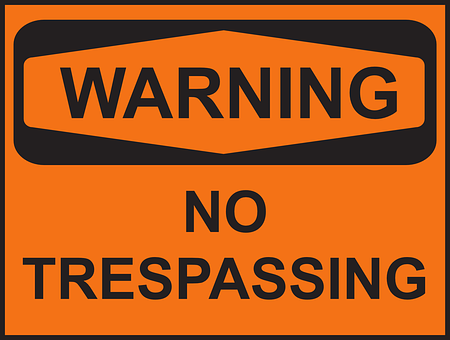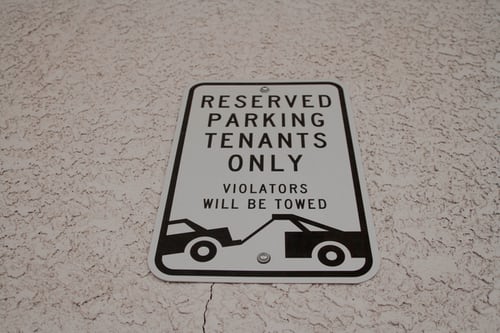
The safety of an environment rests on the shoulders of both the property owner and non-owner resident. They should ensure anybody visiting the place is safe from accidents such as slip and fall. This is by making the different paths fit for a walk, such as being non-greasy. In the legal field, this responsibility is termed premises liability. It holds the owner and the residents liable for any accident or injuries which can take place.
It is key to dig deep into the whole concept. It becomes clear about who is liable and who is not. The owner is the only one that many people focus on and forget about the other party. The below points to guide you through premises liability.
The Legal Status of the Visitor
The law clearly defines its terms in clearing the air about who a visitor is. This makes it vivid about who to call a trespasser and how to deal with the different scenarios. It is harsh to treat the two as the same and charge the property owner for it. There are four main different labels that a visitor can be given. An invitee is the one the property owner has requested to come at a certain time and date. It is assumed that the owner has to make the place safe for the visit.
A licensee is the one who enters the property for his or her purpose. The third label is the social guest who is an always-welcome visitor. The trespasser is the visitor who comes to the property without your consent or permission. These classifications are key when it comes to the handling of cases as each brings certain variables. This brings about a just judgment and smooth handling of the case.
The Property Conditions
There is a clear line drawn when it comes to the determination of the party at fault regarding the property condition. The owner of a property needs to consider the area’s potential to bring harm to people. This includes an uncovered pit, loose tiles, slippery floors, and the like. Taking care of all these lowers the chances of accidents taking place.
Any accident occurring may favor them since the property is safe. In other words, when a person is injured on the property of another, several considerations are made. The court checks the visitor’s actions before the accident. It may consider the guest as the fault party due to recklessness. The circumstances under which the visitor entered the premises need to be included at this stage. Any video coverage on this can help give the court the whole scene.
In the case of slip and fall, the owner needs to show reports on whether they gave notice regarding the hazardous condition. The law also confirms if the owner had any ignorance of the perilous condition of the property.
Trespassers on Property
The issue of property trespass is wide. Different situations revolve around it. A person who has lost direction can at times fall into accidents easily. The instability can cause him or her to step into illegal property unknowingly. In that case, the determination of the fault needs a wider approach. It is prudent to look at the owner’s efforts to ensure everybody knows about the risks ahead from first sight. The trespasser, on the other hand, is analyzed for evidence of assuming the laid guidelines.
Special Rules for Landlords

There are special liabilities for landlords that may apply in cases involving lessors. The law stipulates that there is no liability of a landlord over a tenant’s accident. This may extend to anyone associated with the property. It aims to bring the idea of lack of control by the landlord. This general rule shows that the different stakeholders at the property, such as tenants, know about the place’s prevailing conditions.
Some exceptions are made sometimes. This includes when an estate management company is managing the property. It has to show reports on the notices to clients on the new risk areas around the place. These aims are to look at gaps in the property management communication which may have caused problems. It is key to know your duties and what the law expects from you as a property owner.
Premises liability aims to bring proper legal action against the fault party when an injury occurs on a property visitor. At times, the property owner is in the wrong, which is not always the case. Several things determine the decision to be made on who was the cause of it all.
Support Northern Colorado Journalism
Show your support for North Forty News by helping us produce more content. It's a kind and simple gesture that will help us continue to bring more content to you.
BONUS - Donors get a link in their receipt to sign up for our once-per-week instant text messaging alert. Get your e-copy of North Forty News the moment it is released!
Click to Donate
